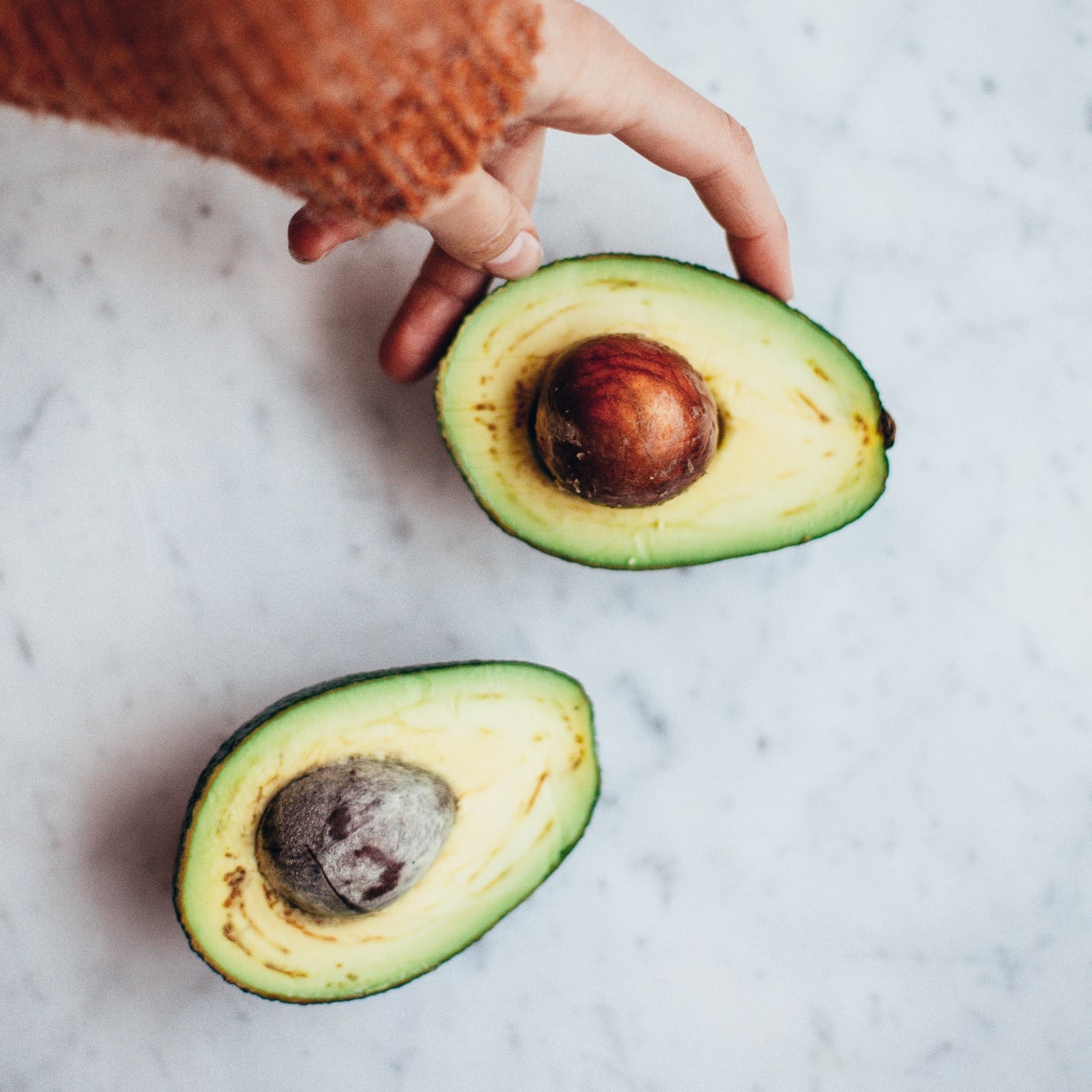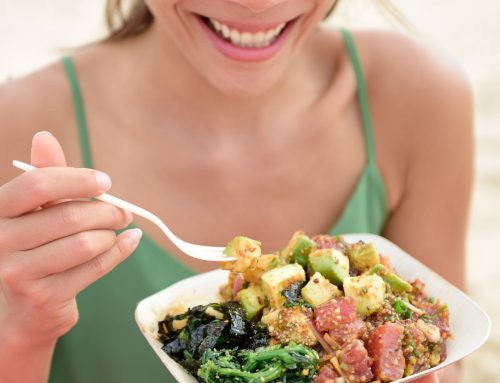Avocados are a bright green fruit (yes, it’s a fruit) that has quickly become a breakfast staple for some and a wellness food favourite for others.
Avocados (or more affectionately known as avos) originate from south-central Mexico, and while this may come as a surprise to many, they are classified as a member of the flowering plant family, Lauraceae.
This is essentially what makes them fruit and not veggies!
Flourishing all year round with the perfect growing climate, avocados are largely produced and exported in Mexico; however, they are also grown locally in the Cayman Islands and can be found seasonally.
This oval-shaped green fruit grew in popularity during the 1990s when avocado producers began to educate the public on exactly how to eat them.
With this and a bit of savvy marketing, strategists also found the perfect way to promote avocados during the Super Bowl by way of the “Guacamole Bowl’’ – a creamy, avocado-based dip or spread that managed to boost sales and crop value by almost 70%, giving life to a brand new national holiday: Guacamole Day!
Why is Avocados good for me?
Avocados can provide a wide range of health benefits and can also be great aids in reducing the risk of conditions such as obesity, heart disease, diabetes, and even depression.
This is because avocados are recognised as healthy or beneficial fat and are thus packed with nutrients and vitamins (C, E, K, and B6).
Avocados can help towards satisfying your appetite while keeping your blood sugar levels stable and they are likewise great for your heart and vision.
Research has shown that avocados can improve digestion and gut health, provide osteoarthritis relief and antimicrobial action, and have also been known to be useful in the prevention of chronic conditions such as cardiovascular disease.
Nutritional information (per 100g):
- 14.7g of fat
- 8.5g of carbohydrates
- 6.7g of fibre
- 0.9g of sugar
- 160 calories
Where can I use it?
There are loads of delicious ways that you can incorporate avocados into your diet.
Not only are they great on their own, simply seasoned with a little bit of salt and pepper, but they are also super tasty when paired with breakfast foods and salads.
Our recommendations include our Mango and Avocado Salad (which you can find at the Hurley’s Good Eats counter), avocado smashed on some sourdough toast with salt and pepper, or simply added into your morning smoothie.
Avocados are incredibly versatile and are often used as binders in many recipes as well.
For instance, they can be used as a substitute for butter, mayonnaise, or even sour cream (pro tip: you can make a dairy-free alternative with just a dash of lime juice and avocado oil).
You can pickle avocados, you can use them as an alternative to fries, you can use them in desserts and spreads and pasta sauces – the possibilities are endless!
Nevertheless, the bottom line here is that avocados are good for you and that they are really easy to use in other recipes too.
What’s cool about Avocados?
First of all, avocados come in a wide range of varieties.
Florida-grown avocados are lower in fat and firmer, whereas Mexican-grown Hass avocados are ideal for mashing and whipping.
That’s right, whipping!
In recent years, a steady increase in veganism has seen many bakers use avocados to add moisture to baked goods instead of butter.
How’s that for a healthy alternative?
And second, did you know that one avocado contains more potassium than a banana?
A whopping 975 milligrams of potassium, to be exact, as opposed to the 544 milligrams found in bananas.
That and avocados are also related to cinnamon!
They are grouped in the same family as this medicinal (and tasty) spice and are likewise great immune system boosters.
Tasty and multitalented – we love to see it!
Pro tips:
Looking to ripen your avocado quickly?
Simply place it in a brown paper bag with a banana or two! It’s science – the bananas will release ethylene gas into the bag, a natural plant hormone that aids in ripening fruit on the double.
Looking to keep your open avocado fresh for longer?
First, keep the pit in; this will help to prevent air from getting to the unexposed parts of the avocado.
And second, use a lemon; the ascorbic acid in lemon juice will help to prevent oxidation (which is basically what happens when your avocado turns brown).
Not sure how to store them?
Here’s our golden rule: ripe avocados get stored in the fridge, and unripe avocados get stored on the counter.
Our final thoughts
Avocados are great immune system boosters that are packed with vitamins and can be added to a multitude of different recipes.
Just 1 ounce (or 28 grams) of avocado can elevate your meal and provide it with the nutritional kick that it needs.






